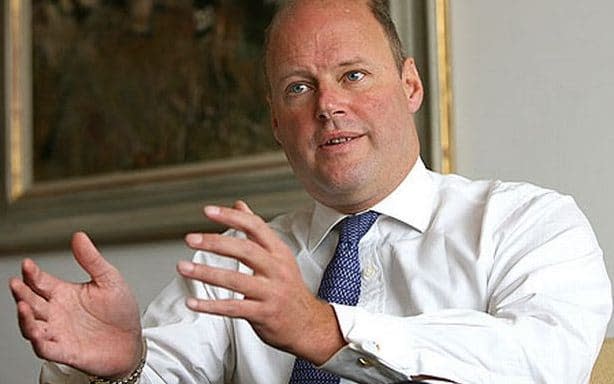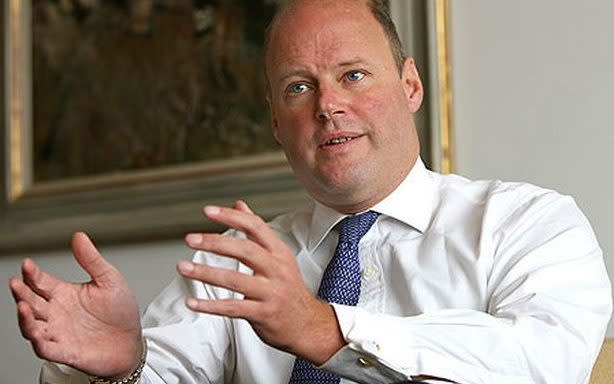Royal Bank of Scotland closes in on a decade of multi-billion pound losses
Perhaps it should consider renaming itself the Royal Bank of Punxsutawney. There has certainly been a Groundhog Day feeling to the Royal Bank of Scotland's full year results for the last nine years.
Today the state-owned UK lender revealed its ninth straight loss in a row. It was the third biggest since the financial crisis.
Ross McEwan, RBS's chief executive, also revealed that he does not think the bank will turn a profit this year either - meaning it is now looking at spending a decade languishing in the red.
2008: -£24.3bn
The big one. In fact it was the biggest corporate loss in British history, eclipsing the £14.9bn lost by Vodafone in 2006. The majority of the loss came from a £16.2bn write down of toxic assets, many of which related to RBS's ill-fated purchase of ABN Amro.
2009: -£3.6bn
This loss was not as bad as expected. Many analysts had forecast that RBS would post a £5bn loss for 2009. Having outperformed many of the targets set by management at the start of the year, the bank paid out £1.3bn in bonuses. But, as RBS had made a loss and was by now majority owned by the state, this sparked a huge row about pay that has dogged the bank ever since.
2010: -£1.13bn
The smallest loss that RBS has suffered since the financial crisis. It was described by then chief executive Stephen Hester as a "step change" in the bank's financial performance. In retrospect it is clear that assessment was overly-optimistic.
2011: -£2bn
Mr Hester likened his task at RBS to defusing "the largest balance sheet risk time bomb ever assembled in history".
The told the BBC: "The irony is, the faster and more successful we go in defusing that balance sheet time bomb, the greater the losses."
2012: -£6.1bn
This loss was described as "chastening" by Mr Hester. It was to be his last.
2013: -£9bn
This loss, the biggest since the immediate aftermath of the financial crisis, was described as "very sobering" by the new boss Ross McEwan.
2014: -£3.47bn
2015: -£2bn
2016: -£7bn
This loss, RBS's third worst since the financial crisis and the second worst since Mr McEwan took over, was described as "disappointing" by the New Zealander.
2017: -£?bn
Announcing RBS's loss for 2016, Mr McEwan said he does not expected the bank to make a profit this year. If the bank does indeed chalk up a loss in 2017, it will mean that it has suffered a full decade of losses.
Total: -£58.5bn...
...and counting.

 Yahoo Finance
Yahoo Finance 


